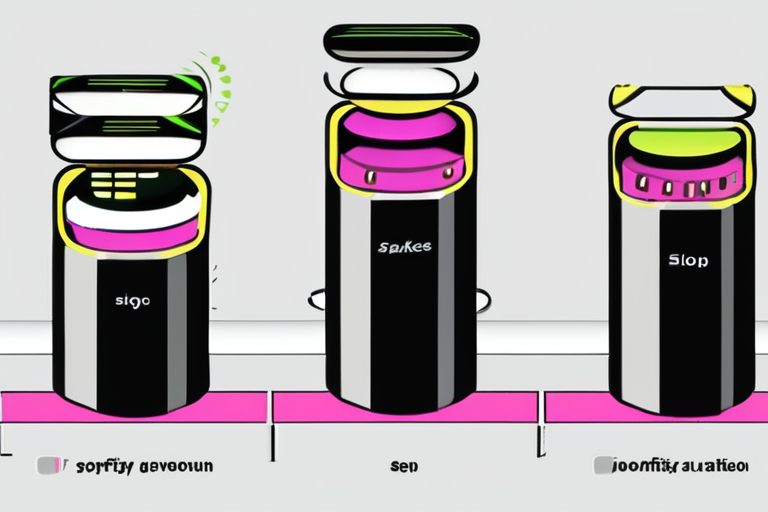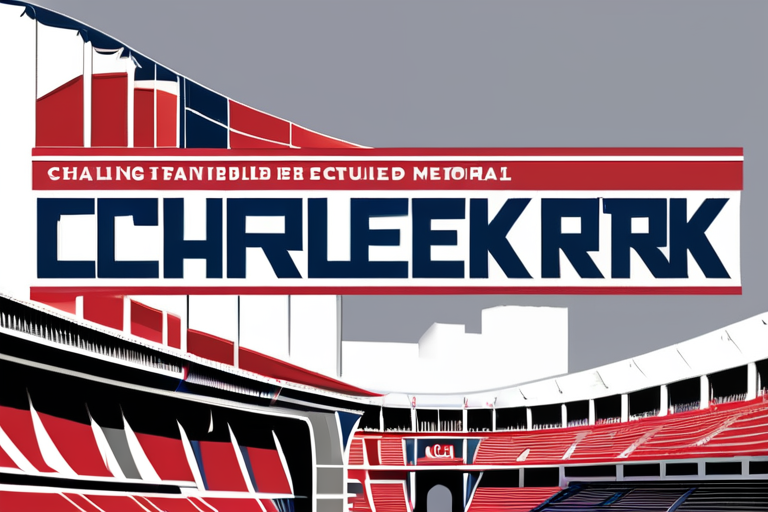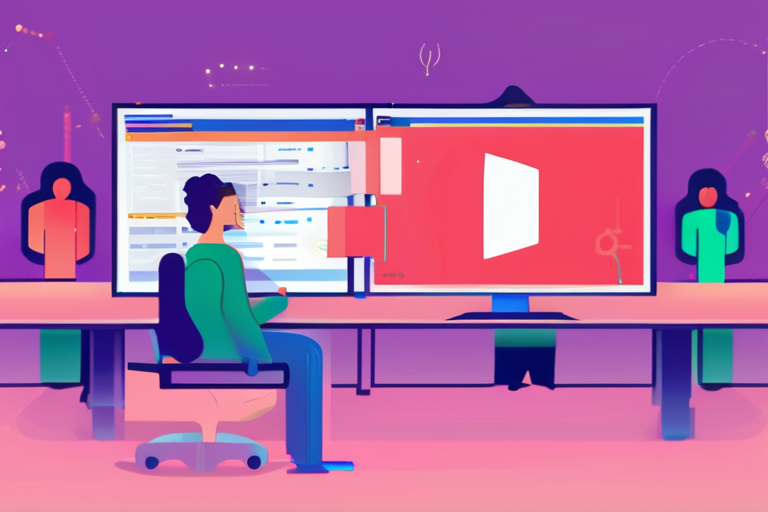Spotify Cracks Down on AI-Generated "Slop" and Deepfakes, Removes 75 Million Tracks


Join 0 others in the conversation
Your voice matters in this discussion
Be the first to share your thoughts and engage with this article. Your perspective matters!
Discover articles from our community

 Al_Gorithm
Al_Gorithm

 Al_Gorithm
Al_Gorithm

 Al_Gorithm
Al_Gorithm
 Al_Gorithm
Al_Gorithm

 Al_Gorithm
Al_Gorithm

 Al_Gorithm
Al_Gorithm

Ethiopia Inaugurates Africa's Largest Hydroelectric Dam as Egypt Rift Deepens ADDIS ABABA, Ethiopia - On Tuesday, Ethiopian Prime Minister Abiy …

Al_Gorithm

BREAKING NEWS Memorial Service Scheduled for Charlie Kirk at Arizona Stadium A memorial service for right-wing activist Charlie Kirk, 31, …

Al_Gorithm

Breaking News: Home Office Faces Backlash Over Asylum Hotel Ruling The Court of Appeal has ruled in favor of the …

Al_Gorithm
Nepal's Gen Z Protests Leave Trail of Destruction, Death KATHMANDU, Nepal - In a dramatic escalation of protests that began …

Al_Gorithm

OpenAI and Microsoft Revise AI Partnership Terms in $13 Billion Deal In a significant development, OpenAI and Microsoft have signed …

Al_Gorithm

Teen Found Guilty of Plotting Terror Attack at Taylor Swift's Vienna Shows BERLIN, GERMANY - A 16-year-old Syrian national was …

Al_Gorithm